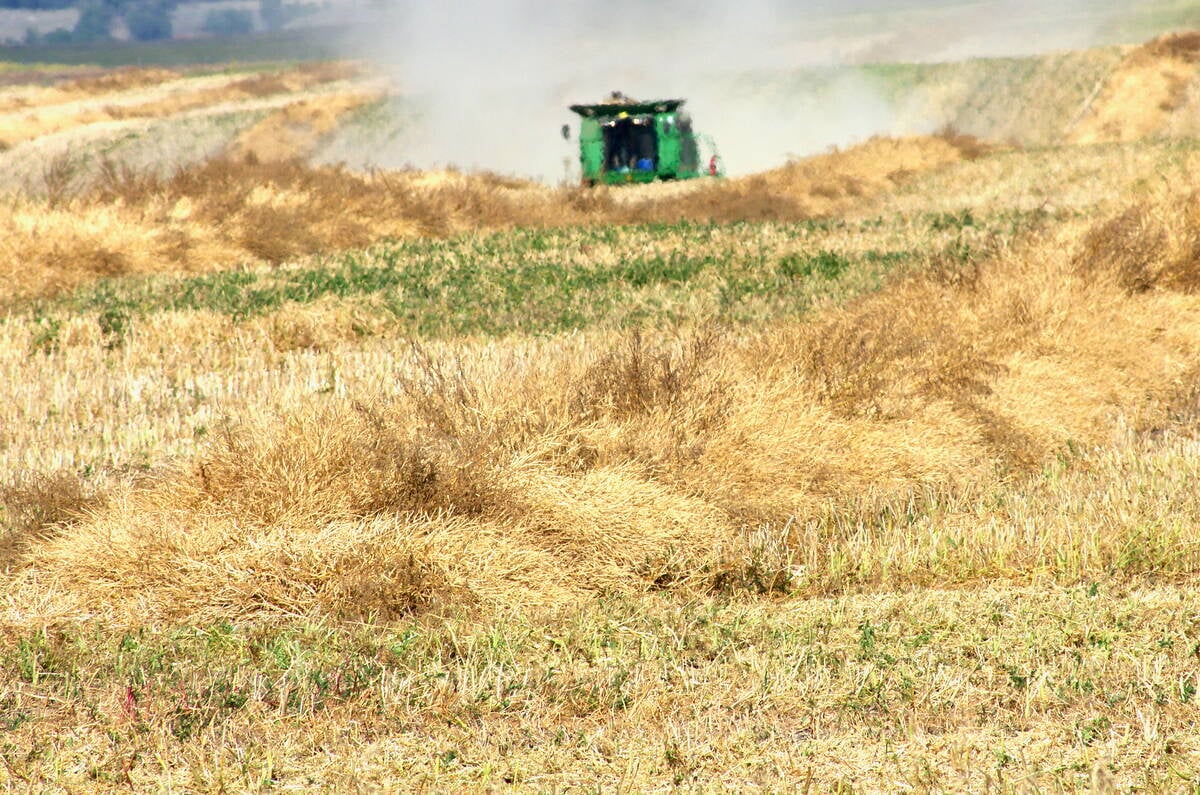Grain Farmers of Ontario wanted to clear up the confusion about whether using grain as a biofuel feedstock is good for the environment and not bad for the world’s hungry.
It got the answer it wanted in a report prepared by former corn growers’ executive director Terry Daynard, whose company, KD Communications, concluded that there is no problem in supporting a biofuel industry that has boosted crop prices.
The report determined that surplus grain-producing areas such as Ontario will face falling prices and market gluts as grain production increases around the world to meet the needs of growing populations and persistent world hunger.
Read Also

Manitoba searches for Plan B on canola oil exports
A new report explores Manitoba’s current canola oil trade and possible alternative markets to the U.S.
It could lead to falling farm incomes and increased demands on government safety net programs, Daynard said.
The alternative would be to find new markets for excess grain, which includes biofuel manufacturers.
“As food production increases in developing countries, export-oriented countries like Canada could again face serious problems in agricultural oversupply and depressed farm income,” he wrote.
“Slow growth in food consumption in Canada, the U.S. and Europe will add to the problem. Increased production of non-food consumer products such as bio-products represents an excellent means for addressing this impending problem.”
Daynard insisted that biofuel production is an effective way to reduce greenhouse gas emissions by reducing petroleum use, despite skepticism from environmentalists such as Green Party leader Elizabeth May.
The ethanol industry now consumes more than one-third of Ontario’s 300 million bushel corn crop.
He calculated that ending the biofuel market could cut corn prices by up to 50 cents per bu.
He also insisted that biofuel production does not use grain that could be used to feed the world’s hungry. The answer is not to send low-priced North American surplus grain to feed the hungry but rather to increase production in food-deficit countries.
“The abundance of grain grown by farmers in North America can both protect the environment by limiting the use of fossil fuels for gas and the population,” Daynard told theOntario Grain Farmermagazine.
“Farm yields are climbing and we have enough corn in North America for both feed and fuel.”
Grain Farmers of Ontario chair Don Kenny said the study clears up confusion about ethanol production and whether government-mandated use helps the environment and the farm economy without compromising the world’s ability to feed its chronically hungry.
Daynard said the growth of the biofuel industry in the past decade has had no noticeable effect on the legions of hungry in the world.
“The number of hungry people has remained at around 900 million for 40 years,” he wrote. “While declining as a percent of world population, this number is still unacceptably high.”
He said the grain deficiency that causes chronic hunger represents just 1.1 percent of global grain production.
“The problem is lack of local food production in hungry rural areas, not supply of grain from the developed world.”
Daynard also said it is estimated that 25 to 50 percent of world food is wasted or spoiled while the number of overweight people far surpasses the number of chronically hungry.














